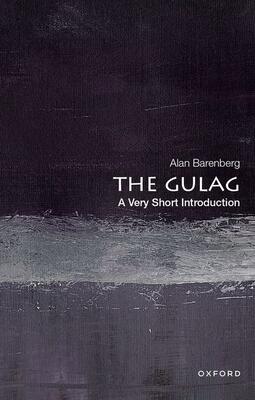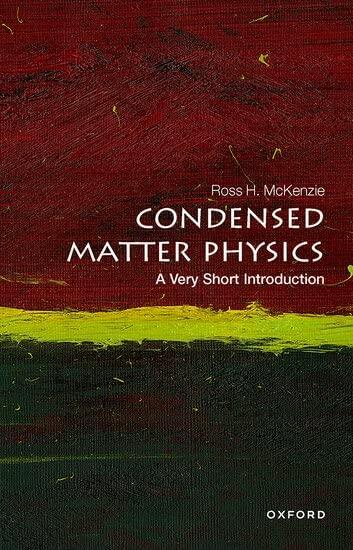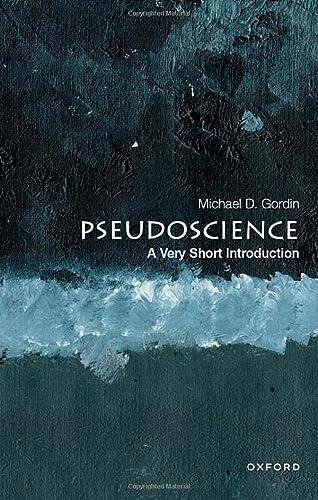
Forensic Psychology: A Very Short Introduction
by
David Canter
No ratings yet
Mystery
Science Fiction
Format
Paperback
Pages
160
Language
English
Published
Aug 6, 2010
Publisher
Oxford University Press
Edition
Illustrated
ISBN-10
0199550204
ISBN-13
9780199550203
Description
David Canter delves into the intriguing world of forensic psychology, shedding light on how psychological principles intersect with the criminal justice system. This concise exploration offers readers an accessible overview of what motivates criminal behavior and how psychological assessments can aid in legal contexts. Canter's expertise enables a nuanced discussion of the complexities involved in understanding the minds of offenders, as well as the broader implications for society.
Throughout the work, the author emphasizes the balance between scientific rigor and real-world application. He presents various case studies and examples that illustrate the effectiveness of forensic psychology in criminal investigations. By examining both the psychological profiles of criminals and the methods used by law enforcement, Canter reveals the invaluable role that this field plays in promoting justice and understanding human behavior.
The narrative is expertly crafted, making complex concepts comprehensible for those new to the subject. Canter's engaging writing style invites readers to consider the ethical and societal implications of forensic psychology, as well as its potential for shaping criminal profiles and improving investigative techniques.
In a succinct manner, this introduction serves as a thought-provoking starting point for anyone interested in the interplay between psychology and law. Canter's insights inspire a deeper appreciation for the pivotal role that forensic psychology plays in understanding human actions within the criminal context.
Throughout the work, the author emphasizes the balance between scientific rigor and real-world application. He presents various case studies and examples that illustrate the effectiveness of forensic psychology in criminal investigations. By examining both the psychological profiles of criminals and the methods used by law enforcement, Canter reveals the invaluable role that this field plays in promoting justice and understanding human behavior.
The narrative is expertly crafted, making complex concepts comprehensible for those new to the subject. Canter's engaging writing style invites readers to consider the ethical and societal implications of forensic psychology, as well as its potential for shaping criminal profiles and improving investigative techniques.
In a succinct manner, this introduction serves as a thought-provoking starting point for anyone interested in the interplay between psychology and law. Canter's insights inspire a deeper appreciation for the pivotal role that forensic psychology plays in understanding human actions within the criminal context.
Reviews
Reading Log
No reading logs found
Start tracking your reading progress to see logs here
Add Your First Reading LogNotes
Transaction Log
No transaction logs found
Start tracking your book transactions to see logs here
Add Your First Transaction Log


















